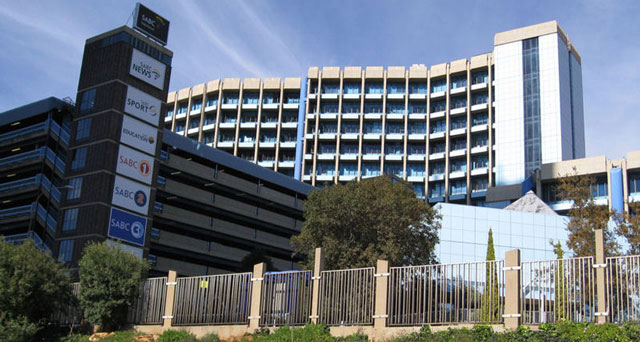 So, there’s more trouble at Fawlty Towers in Auckland Park. Just two years into her five-year term, SABC group CEO Lulama Mokhobo is stepping down, citing “exhaustion”. It’s a fresh setback for the public broadcaster, which has lurched from one crisis to another for the best part of a decade.
So, there’s more trouble at Fawlty Towers in Auckland Park. Just two years into her five-year term, SABC group CEO Lulama Mokhobo is stepping down, citing “exhaustion”. It’s a fresh setback for the public broadcaster, which has lurched from one crisis to another for the best part of a decade.
Although Mokhobo was quiet and reserved — it’s said she lacked the strength to take on politically powerful acting group chief operating officer Hlaudi Motsoeneng — she achieved more than her predecessors. She righted a sinking ship, bringing the SABC back from the brink of financial disaster.
She now says it’s time to move on, that a new type of leader is needed. Its financial position is much healthier than it was when she took the reins — it’s repaid a government loan and has R1,2bn in the bank — and it now needs someone who can take full advantage the switch to digital terrestrial television will offer the SABC, she says.
In a wide-ranging interview with me this week, Mokhobo denied she was leaving because of the controversial Motsoeneng, who is said to be the real centre of power at the broadcaster.
Mokhobo admitted to me that she had “robust” disagreements with Motsoeneng in her two years as CEO, but insisted this was positive for the broadcaster and that companies whose leaders agree on everything all the time can never make progress. She insisted, too, that her views prevailed when she was not convinced about something Motsoeneng advocated, and that he accepted this.
Perhaps so, but a controversial R550m channel supply deal that the SABC signed with MultiChoice last year raises questions about where the real power lies at the broadcaster. The deal, signed off by Motsoeneng without sight from Mokhobo, bars the SABC from carrying its channels over a television platform that uses encryption technology known as conditional access.
Since then, the SABC has sided firmly with MultiChoice in a high-stakes battle with e.tv over whether government-subsidised digital set-top boxes should include encryption. E.tv last year accused its rivals of crafting a commercial contract that directly contradicts government policy.
It’s intriguing that Mokhobo didn’t have sight of arguably the most important commercial contract the SABC entered into while she was at the helm. She was travelling at the time, she said, and Motsoeneng, who the board named as acting CEO in her absence, had “full delegated responsibility”. When asked, she declined to say whether she would have signed the contract. “That’s an unfair question, pass.”
But she defended the decision, saying it ensured that the broadcaster’s 24-hour news channel would be profitable throughout the five-year duration of the contract. National treasury had declined to stump up the cash the SABC needed for the channel, and under an older plan she had approved, the channel wouldn’t have been profitable beyond two-and-a-half years.
But the question remains: did the SABC become a willing pawn in MultiChoice’s war with e.tv in exchange for the R550m in cash that would allow it to run a profitable 24-hour news channel?

Mokhobo’s answer was cryptic. “I cannot say so. I can’t comment on that,” she said. “The perception is there, and so it must just be tested. It would be improper to comment on that when the perception has not been tested. It’s an hypothesis. If there is an hypothesis, you need to confirm it.”
So, what happens next at Auckland Park? That’s up to communications minister Yunus Carrim.
If Carrim wants to stabilise the SABC and ensure it is able to take full advantage of the vast opportunities offered by the move to digital broadcasting, he needs to ensure that whoever replaces Mokhobo doesn’t get the job because of political connectedness or a willingness to bend news coverage in favour of the ruling party.
What the SABC desperately needs is a strong, commercially minded leader, one whose authority won’t be undermined by a second centre of power.
It needs to recover credibility with a television-viewing public that is growing ever-wearier of its offerings. The fact that only 36% of television-owning households pay their licence fees speaks volumes about South Africans’ view of their public broadcaster.
- Duncan McLeod is editor of TechCentral. Find him on Twitter
- This column was first published in the Sunday Times




